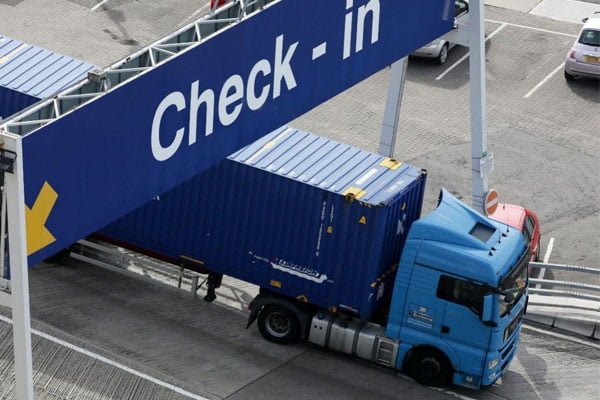The U.K.’s exit from the European Union has had a major impact on freight transport, slowing down the work of a great many sectors, starting from automotive to food and fruit and vegetables.
But how has Brexit affected the Italian market?
The effects of Brexit on the logistics industry
Before analyzing the consequences of Brexit on freight transport, let us understand together what Brexit is and when it came into effect in Britain.
The word Brexit comes from the combination of the words “British” and “exit” and literally means England’s exit from the European Union. It all began in 2016 when the popular referendum saw “leave” win over the “remainers” (i.e., “leave and “stay”)
As of January 1, 2021, the United Kingdom officially exits the European Union and is no longer part of the customs and tax (VAT and excise) territory of the Community. Economic relations between Europe and Britain after Brexit are governed by the agreement reached between the parties on December 24, 2020. However, based on the provisions of the Protocol on Ireland/Northern Ireland in order to avoid a physical border between the two territories, Northern Ireland remains subject to EU VAT regulations for trade in goods.
Among the sectors that have been most affected by Brexit is certainly logistics. Increased waiting at customs causing very long lines of trucks and rising transportation prices have created an unprecedented shortage of truck drivers.
In 2021, due to new bureaucratic hurdles that arose with the split from Europe, some fuel companies shut down gasoline shipments to Britain. The crisis inevitably led to a general panic situation with a rush of British citizens to gas stations.
A similar incident occurred at a well-known fast food chain known for making fried chicken. Some outlets, after reporting a shortage of meat caused by a lack of truck drivers, were closed.
Among several companies struggling with driver shortages, one multinational dairy company found itself having to cut back on deliveries due to a driver shortage.
The effects of Brexit on the logistics sector and the increase in transport tariffs
As we have seen, new customs procedures are greatly increasing the cost of transporting goods bound for Britain.
But what are the critical issues that mark a price hike?
- Waiting times for goods inspection that generate endless lines at customs. While previously it was not necessary to stop at the border to do all the paperwork, nowadays when entering and leaving Britain it is mandatory to provide certain acceptance documents and submit self-certification of origin of products.
- The arrival of the pandemic that inevitably slowed trade and led some neighboring countries, such as France, to close their borders.
- The shortage of motorists during holiday periods.
Faced with this not unproblematic scenario, some guidelines or advice for haulers can be found online. For example, including clauses in sales contracts to protect against disputes in case of delays or scheduling purchases by increasing safety stock.
The impact of Brexit on the Italian market
According to Istat’s 2021 data, exports of agri-food goods from our country to the UK dropped by nearly 40 percent. A frightening number when one considers Britain’s dependence on relocated fruit and vegetable sectors.
The logistics sector is certainly the one to pay the costs of Brexit, and the situation does not seem to be heading toward better prospects: in fact, fewer customs controls would risk compromising the safety of products coming from the European Union.






